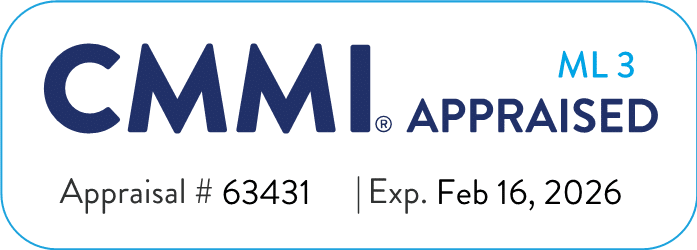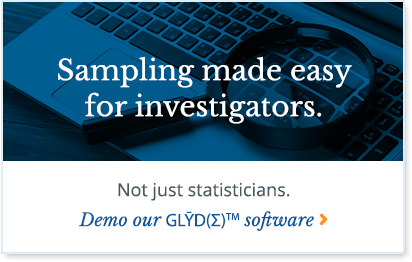The signing of the Inflation Reduction Act in August of 2022 brought some immediate relief for Americans with Medicare prescription drug coverage and will continue to drastically impact drug prices as implementation continues.
Already in effect as of January 2023: a $35 cap per month on insulin for Medicare prescription plan enrollees, Medicare beneficiaries receive recommended preventive vaccines free of charge, and providers who administer qualifying biosimilars receive temporarily increased payments.
The new law requires drug companies to pay a rebate to Medicare if they raise prices faster than inflation. In addition, it is estimated that Medicare will see $98 billion in savings over the next 10 years from negotiated drug prices.
Inflation Reduction Act timeline
The Department of Health and Human Services released a timeline for the next steps toward drug price negotiations.
- Early 2023—the process of obtaining public feedback and data collection begins. The Centers for Medicare & Medicaid Services (CMS) will provide opportunities for public engagement with stakeholders through calls, meetings and comment solicitation through email.
- Sept 2023—the first 10 Part D drugs selected for 2026 negotiation will be announced
- 2024—negotiations begin between drug companies and CMS
- Aug 2024—negotiations end
- Sept 2024—CMS publishes maximum fair prices
- Jan 1, 2026—prices go into effect
Similar timelines will occur for the selection of future negotiable drugs. There will be 15 Part D drugs chosen for 2027 pricing, 15 Part B or Part D drugs for 2028 pricing, and finally 20 Part B or Part D drugs for 2029 pricing.
Drugs not covered at this time
Medicare Part D and Part B spending is concentrated on a small share of covered drugs that are high-priced, no competitors or generic/biosimilar options. CMS is limiting the current scope of negotiations to those high-cost drugs as the program begins—leaving certain categories out of the present process:
- Drugs that have a generic or biosimilar available
- Drugs that are less than 9 years (for small-molecule drugs) or 13 years (for biological products) from their FDA-approval or licensure date
- “Small biotech drugs” (until 2029), defined as those which account for 1% or less of Part D or Part B spending and account for 80% or more of spending under each part on that manufacturer’s drugs
- Drugs with Medicare spending of less than $200 million in 2021 (increased by the CPI-U for subsequent years)
- Drugs with an orphan designation as their only FDA-approved indication
- All plasma-derived products
Helpful resources
The Inflation Reduction Act is intended to strengthen Medicare and make healthcare more accessible, equitable and affordable.
These online resources provide detailed information on the Inflation Reduction Act and its impact on drug prices:
Medicare Drug Price Negotiation Program: Next Steps in Implementation for Initial Price
CMS Drug Price Negotiation Timeline for 2026
Inflation Reduction Act and Medicare
Explaining the Prescription Drug Provisions in the Inflation Reduction Act











